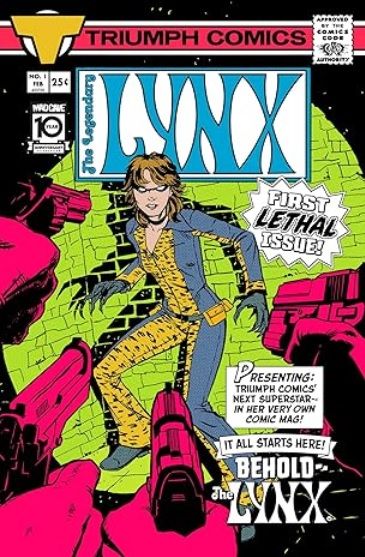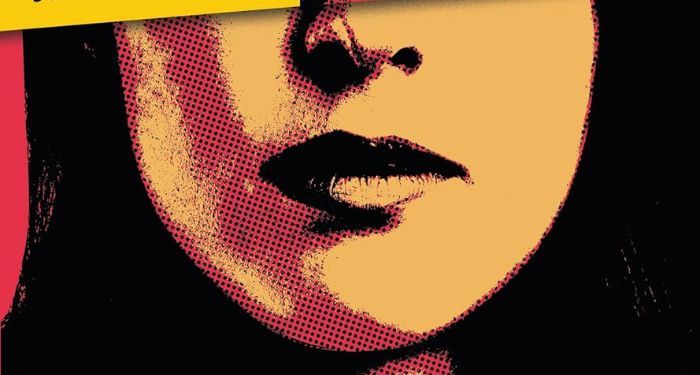This content contains affiliate links. When you buy through these links, we may earn an affiliate commission.
The phrases “comic book fan” and “comic book creator” may bring to mind two completely different archetypes, but the line separating the two is thinner than you might think. This is the premise behind Alex Segura’s latest murder mystery, Alter Ego, out December 3.


The story revolves around Annie Bustamante, a single mother who made her mark in film after being forced out of the misogynistic, nostalgia-obsessed comic book industry. Then she gets an offer that, of course, seems too good to be true: the chance to not only return to comics but to do so by reviving The Legendary Lynx, a character she has idolized since childhood (and who is getting a real-life comic book release starting November 12). As corporate secrets and Annie’s own troubled past threaten to derail the project, Annie finds herself hunting a killer — who is also hunting her.
When I interviewed Segura, who is himself both a comics fan and a comics writer, he talked about the challenges of maintaining the right balance between these two alter egos of his. First was portraying both creators and the companies they work for honestly without either exaggerating or papering over their faults.
“I’ve been the freelancer trying to get work, but I’ve also seen how companies interact with talent and how those relationships can be great or strained,” Segura says. “I didn’t want to paint anyone as a villain, but I wanted to show it’s HARD to hustle from gig to gig and, at the same time, that companies have their own reasons for being the way they are — especially in an era when IP is king, and you’re literally one great story away from a billion-dollar industry. The problem is, you can never predict when that’s going to happen, so it becomes an endless game of hedging your bets, and that is challenging for creatives just looking to tell the best story.”
He also had to resist the urge to include so many “Easter Eggs and nods to history” that might have overwhelmed readers who are unfamiliar with comics.
“The challenge is to never let the little nods and cameos overshadow the story,” he explains. “I had to cut a lot of that, because at the end of the day, my goal is to write a great, compelling book. If a little aside takes me away from that, I knew I had to kill that particular darling.”
(He did, however, leave in a significant reference to my beloved T.H.U.N.D.E.R. Agents, which certainly made this comic book fan very happy!)


The blurring of identities went all the way back to Segura’s own days working in comics when, much like Annie, he had to stay calm and collected even when meeting creators he admired.
“I think I did a pretty good job of being ‘professional’ in situations that I think I would’ve flipped over as a kid or younger fan,” he says.
On the other hand, there is nothing wrong with being both a fan and a creator. If anything, caring so deeply about one’s work shines through in the final product, leading to a better experience for everyone. Segura admits to letting his inner fanboy take control a few times, like when he couldn’t resist telling legendary creators John Romita Jr. and Denny O’Neil how much they meant to him,” and I think that’s okay — you let your passion fuel your professionalism, if you’re doing it right.”

